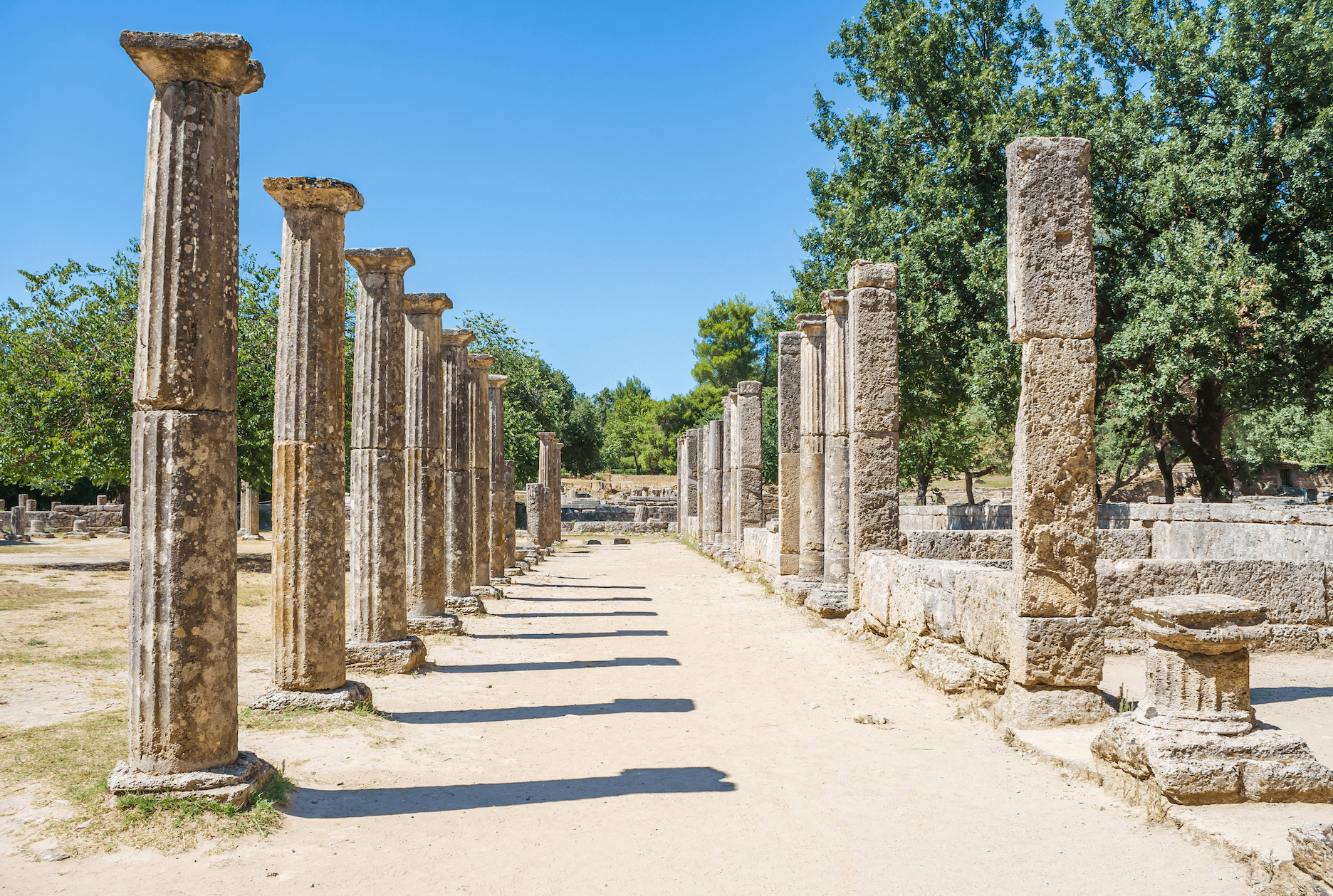Ancient Olympia: Discover the Birthplace of the Olympic Games
Nestled in the verdant hills of the Peloponnese, Ancient Olympia stands as a testament to the grandeur of ancient Greek civilization. Known as the birthplace of the Olympic Games, this historic sanctuary offers a captivating blend of history, culture, and natural beauty. Whether you are on a daily tour or an extended multi-day journey, this UNESCO World Heritage site offers an unparalleled journey back in time.
A Tapestry of History
Olympia’s history stretches back to the 10th century BC when it emerged as a sanctuary dedicated to Zeus, the king of the gods. It was here, amidst the lush landscape, that the ancient Greeks held the Olympic Games every four years, a tradition that spanned over a millennium. The Olympic Games, first held in 776 BC were more than athletic competitions, they were a celebration of unity, peace, and human excellence.
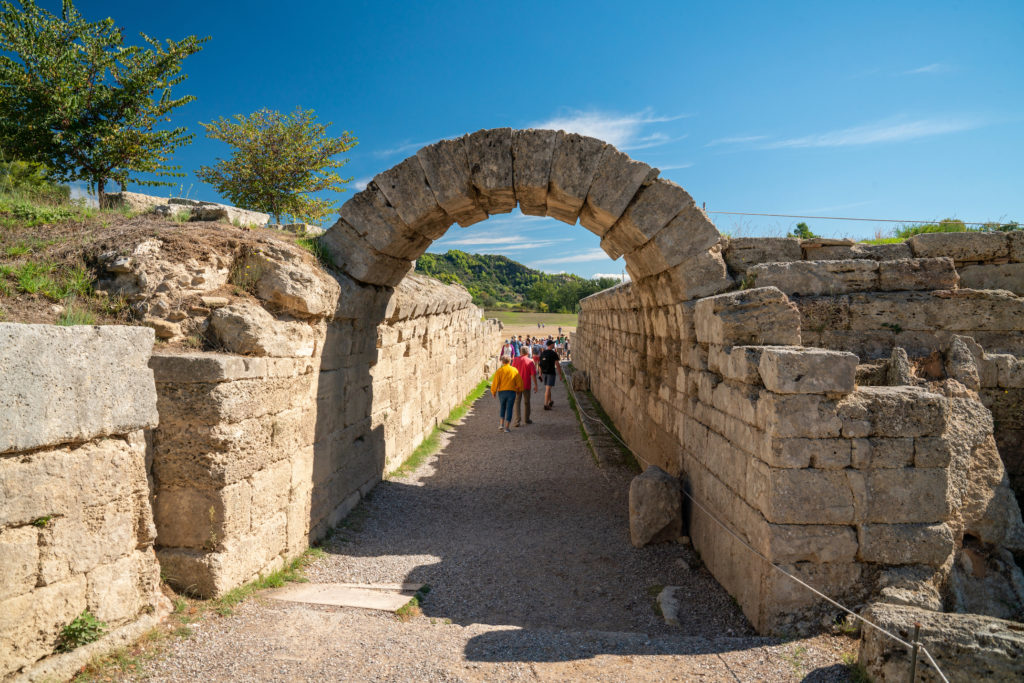
What to See in Ancient Olympia
- The Temple of Zeus: Once home to the Statue of Zeus, one of the Seven Wonders of the Ancient World, this majestic temple was the centerpiece of Olympia. Although the statue no longer exists, the temple ruins still evoke a sense of awe and reverence.
- The Temple of Hera: One of the oldest temples in Greece. People light the Olympic flame there every four years. This sacred ritual marks the beginning of the modern Olympic Games.
- Ancient Stadium: Walk in the footsteps of ancient athletes in the well-preserved stadium, which could accommodate up to 45,000 spectators. The stadium track, starting lines, and judges’ seats provide a vivid glimpse into the past.
- Philippeion: A circular monument built by Philip II of Macedon, this structure honours his family, including Alexander the Great. Its elegant design and historical significance make it a must-see.
- Archaeological Museum of Olympia: Home to a vast collection of artifacts, including the famous Hermes of Praxiteles and the Nike of Paionios. This museum offers a deeper understanding of Olympia’s rich heritage. More information about hours and tickets can be found here.
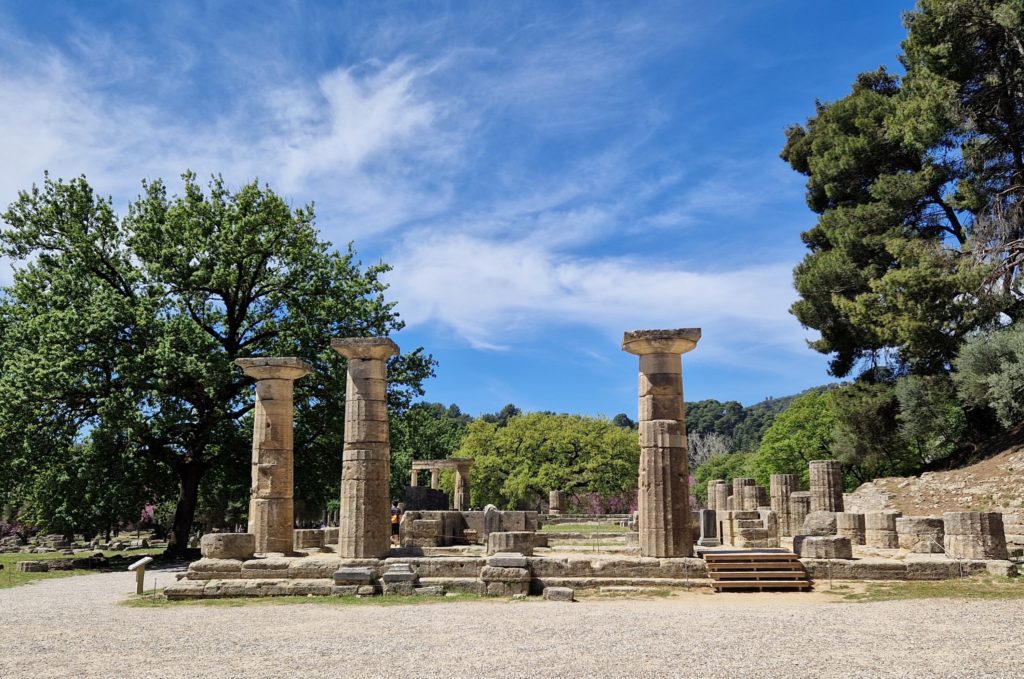
Why visit Ancient Olympia?
- Historical Significance: As the birthplace of the Olympic Games, Ancient Olympia holds an unparalleled place in world history. Visiting this site allows you to connect with the origins of an event that continues to inspire and unite people globally.
- Architectural Marvels: The ancient ruins, temples, and monuments showcase the architectural brilliance and artistic achievements of ancient Greece. Each structure tells a story of religious devotion, athletic excellence, and cultural prosperity.
- Scenic Beauty: Surrounded by lush landscapes and the serene Alpheios River, Olympia offers a tranquil escape. The natural beauty of the area complements the historical and cultural treasures, making it a perfect destination for nature lovers.
- Cultural Insights: Exploring Olympia provides valuable insights into ancient Greek religion, politics, and daily life. The site’s rich narrative enriches your understanding of a civilization that profoundly shaped Western culture.
Join us for an unforgettable private tour and witness the enduring magic of this ancient wonder. Whether you’re exploring the ruins, marvelling at ancient artefacts, or simply soaking in the serene surroundings, a visit to Olympia promises a truly enriching experience.
Fun Facts About Ancient Olympia and the Olympic Games
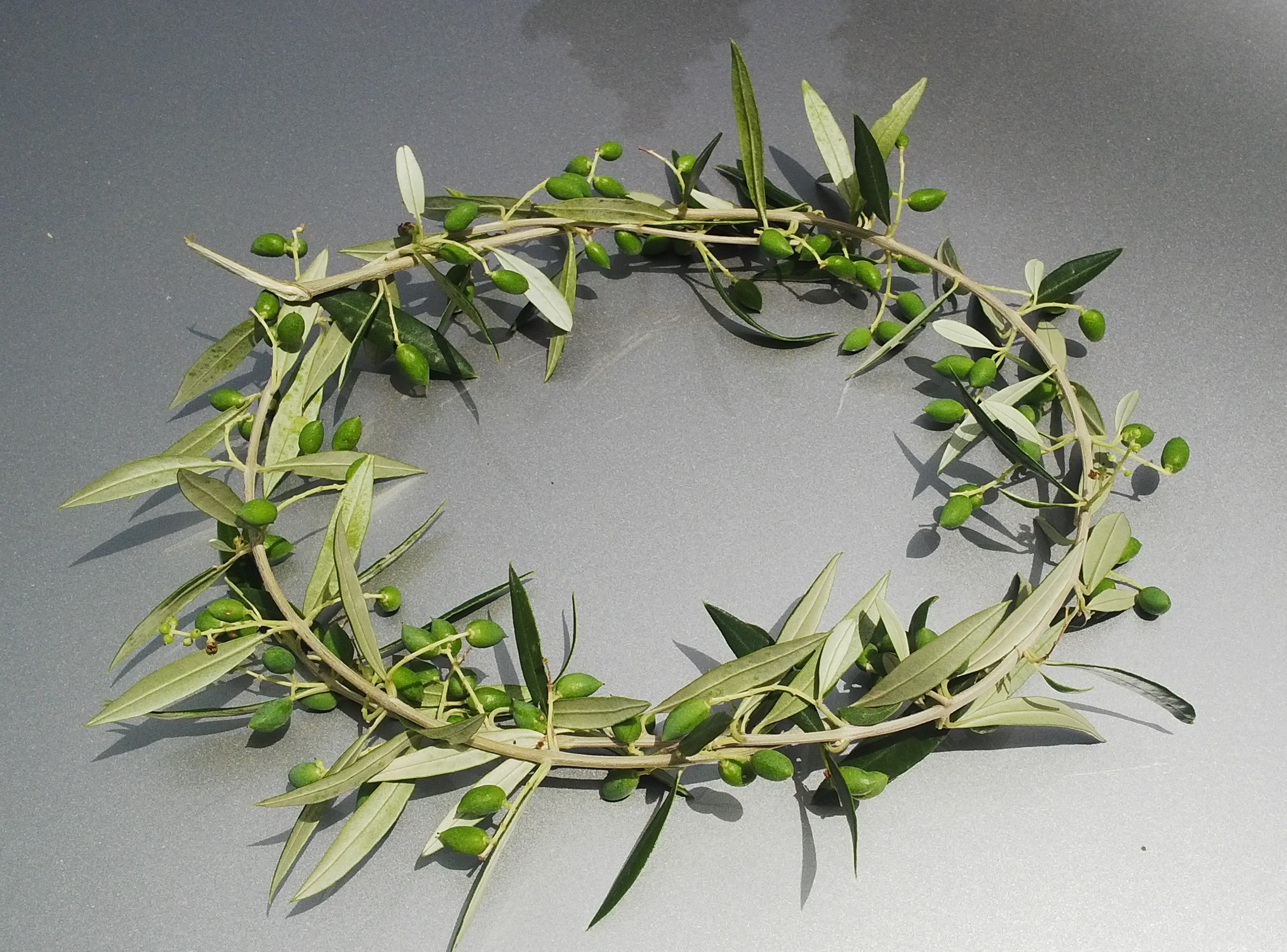
- The Olympic Truce: Known as the “Ekecheiria,” the sacred truce ensured that athletes, spectators, and officials could travel safely to and from Olympia. That was a remarkable period of peace when people temporarily halted all conflicts. This tradition underscores the games role in promoting peace and unity.
- Olive Wreaths: Victors in the ancient Olympics were awarded olive wreaths, symbolizing honour and glory. This simple yet profound prize emphasized the games emphasis on achievement over material gain.
- Heraia: Held in honour of the goddess Hera, the Heraia were the first recorded women’s athletic competitions. Showcasing the inclusion and celebration of female athletes in ancient Greek culture.
- Palaestra: Olympia’s palaestra was a training ground for wrestlers and boxers. The site’s layout, including training rooms and baths, provides a fascinating glimpse into the rigorous preparation of ancient athletes.
- Four-Year Interval: The Olympic Games were held every four years, a period known as an Olympiad. This interval was so significant that ancient Greeks used it as a time measurement. Similar to our use of years or decades.
- First Champion: The first recorded Olympic champion was Coroebus of Elis. A cook who won the stadion race (a sprint of about 192 meters) in 776 BC. His victory marked the beginning of the Olympic tradition.
- The Olympic flame: People traditionally ignite the Olympic flame, a symbol of unity and peace, in Olympia before every Olympic Games.
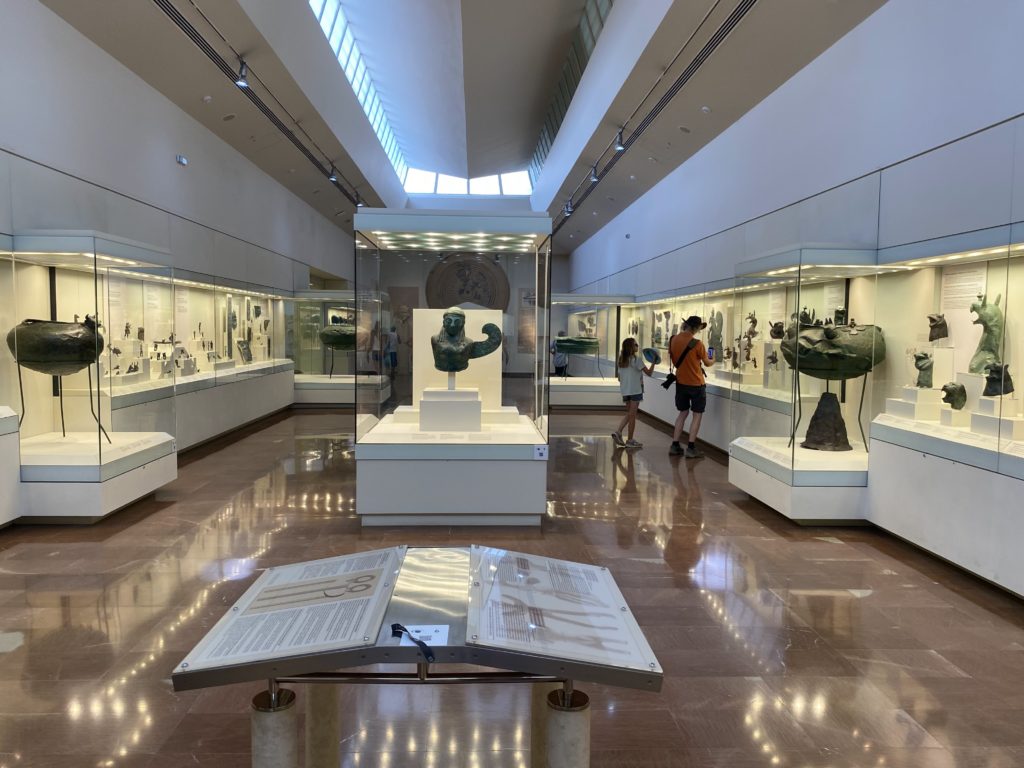
Some Fun Facts About the Athens 2004 Olympic Games
The Athens 2004 Olympic Games marked a significant milestone in Olympic history. They returned to their birthplace after more than a century. Here are some fun and intriguing facts about the Athens 2004 Olympic Games that highlight their importance and unique charm:
- The Return to Greece: The 2004 Games marked the first time the modern Olympics were held in Greece since the inaugural event in 1896. This homecoming was a celebration of the Olympics origins and a nod to the ancient Games held in Olympia.
- Record Number of Participants: The Athens Games saw a record-breaking number of participants, with over 10,500 athletes from 201 countries competing. This was the largest number of countries ever represented in the history of the Games at that time.
- Iconic Olympic Flame: They lit the Olympic Flame in Ancient Olympia and it travelled across five continents before arriving in Athens. This journey symbolized the unity and global reach of the Olympic spirit, connecting people worldwide.
